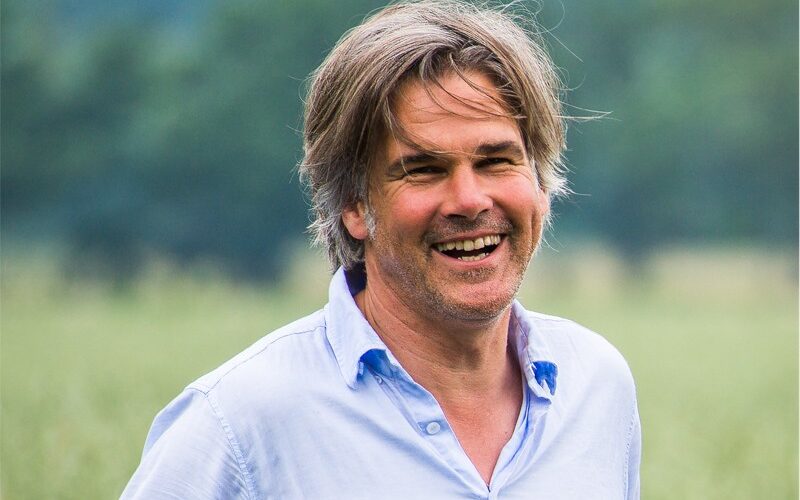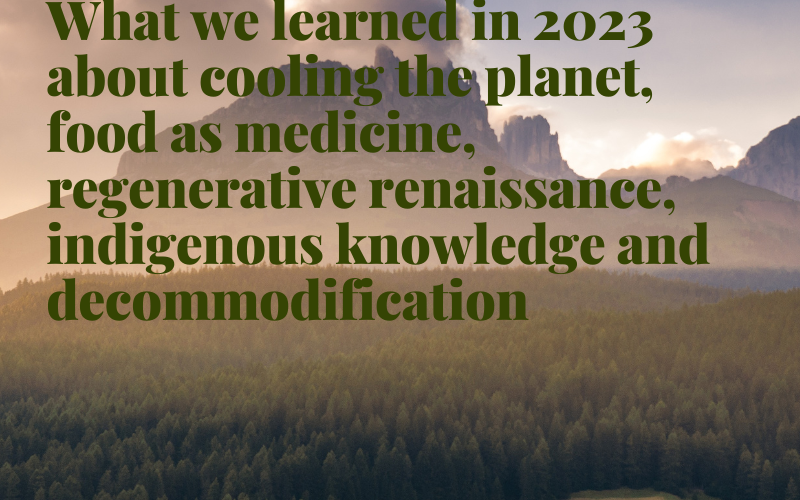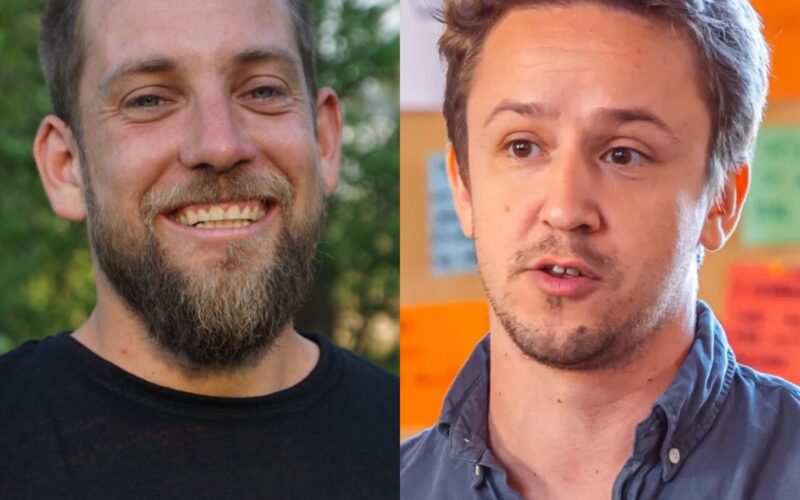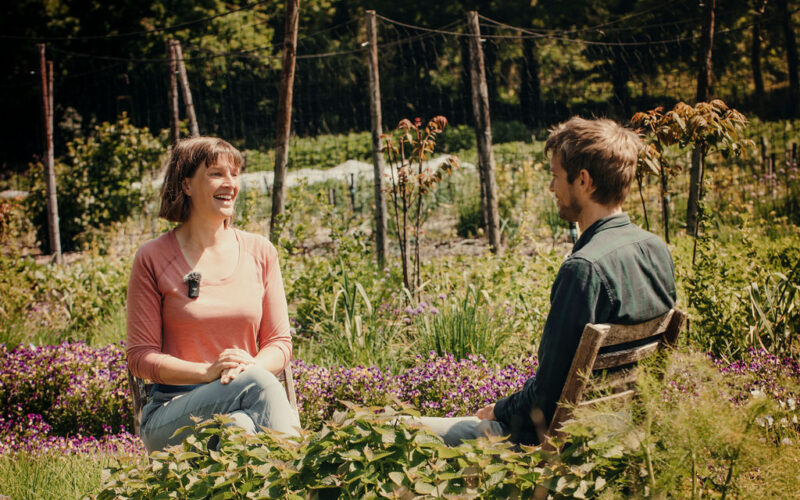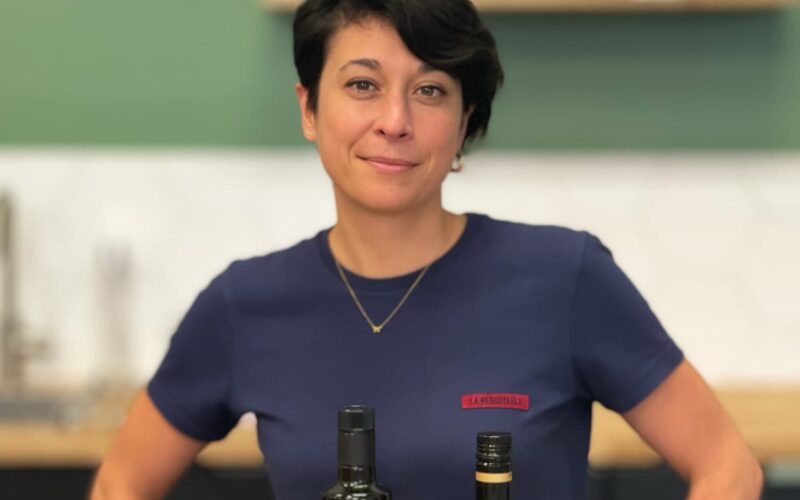Emiliano Mroue – Raising $7.5 million to scale from working with 20.000 to 100.000 farmers
A conversation with Emiliano Mroue, founder of WARC, about their recent funding round, being close to the farmers and why he left a corporate job in Germany to start a farmer focussed anti poverty company in Sierra Leone which turned into a company serving today over 20.000 farmers, mostly in Ghana, in the transition to more regenerative practices. What is their secret to be close to the farmers always, not quite often but always?
Smallholder maize farmers at the edge of the Sahara, brutal circumstances in the Sahel mean most farmers are growing to eat and to survive and, with climate change and current farming practices burn and deep tilling, their survival is literally on the line. These soils can be depleted in a decade or less, not like in the global North where we might have 50 to 60 harvests left. So how do you go about behaviour change with farmers that are in poverty, you want to help them to change, but don’t want to risk their fragile livelihood? How do you find the recipes that work in the local context?
In March 2024, the Ghana-based agricultural service provider Warc Africa has successfully closed its Series B round, securing $7.5 million. The fresh capital raised aims to boost Warc Africa’s reach to serve over 100,000 farmers in Ghana, increase their incomes, and protect the soils.


